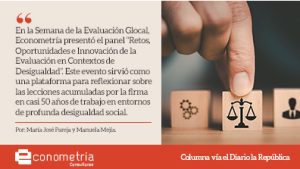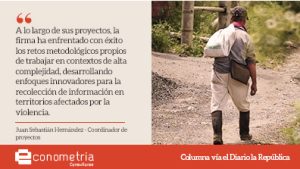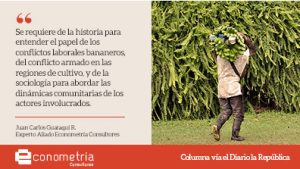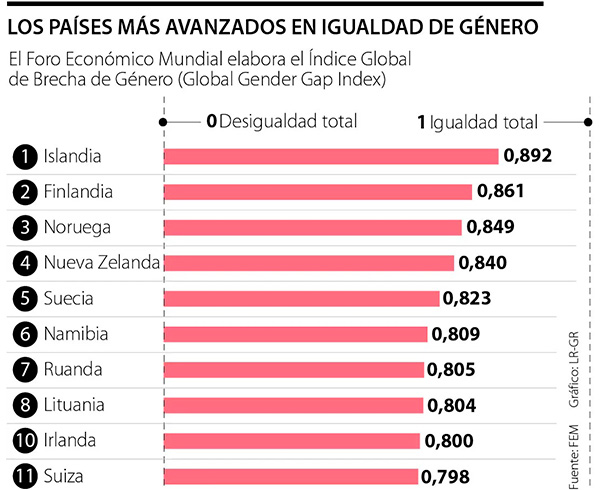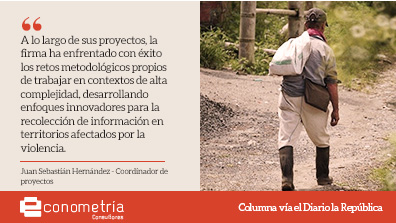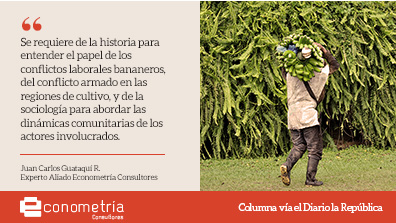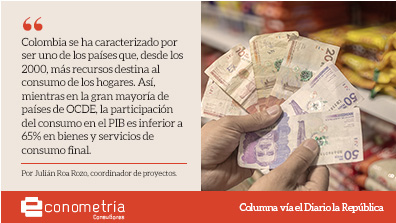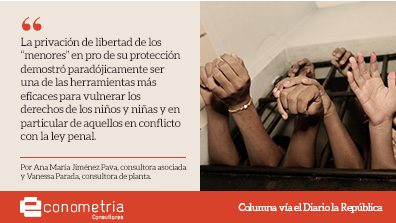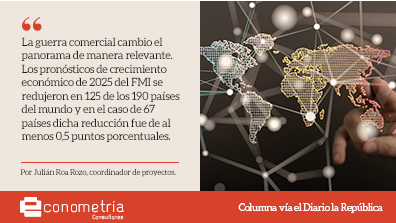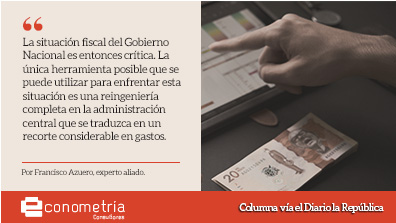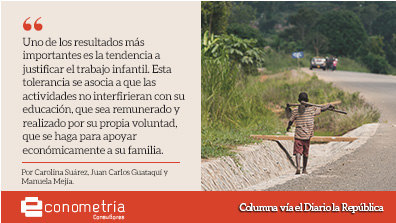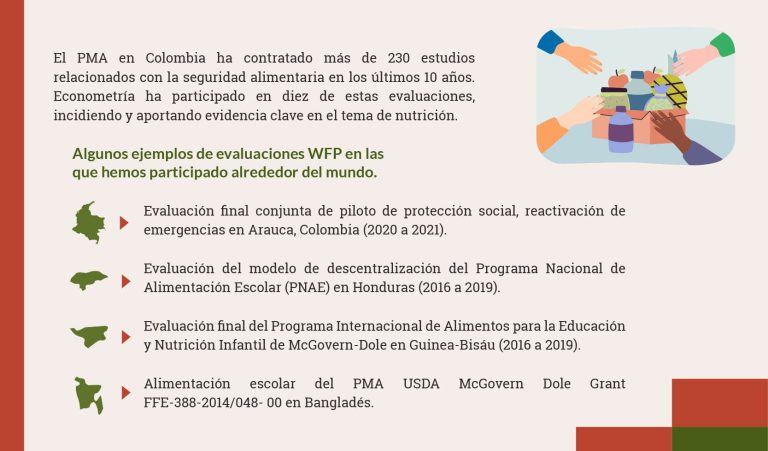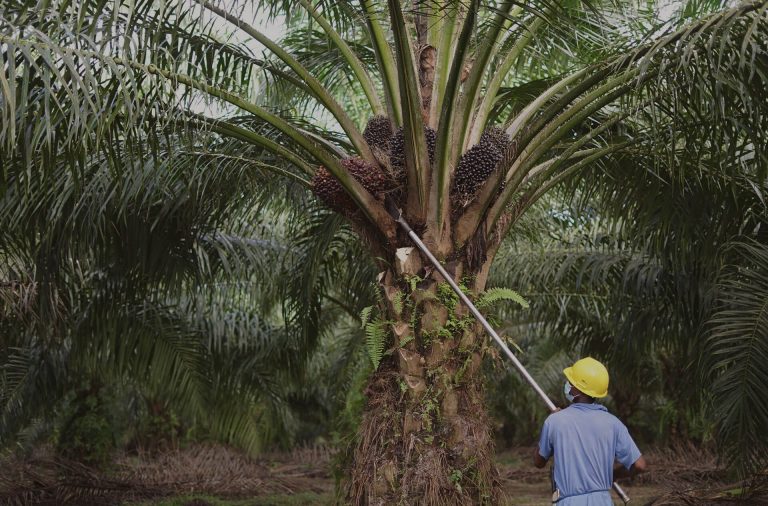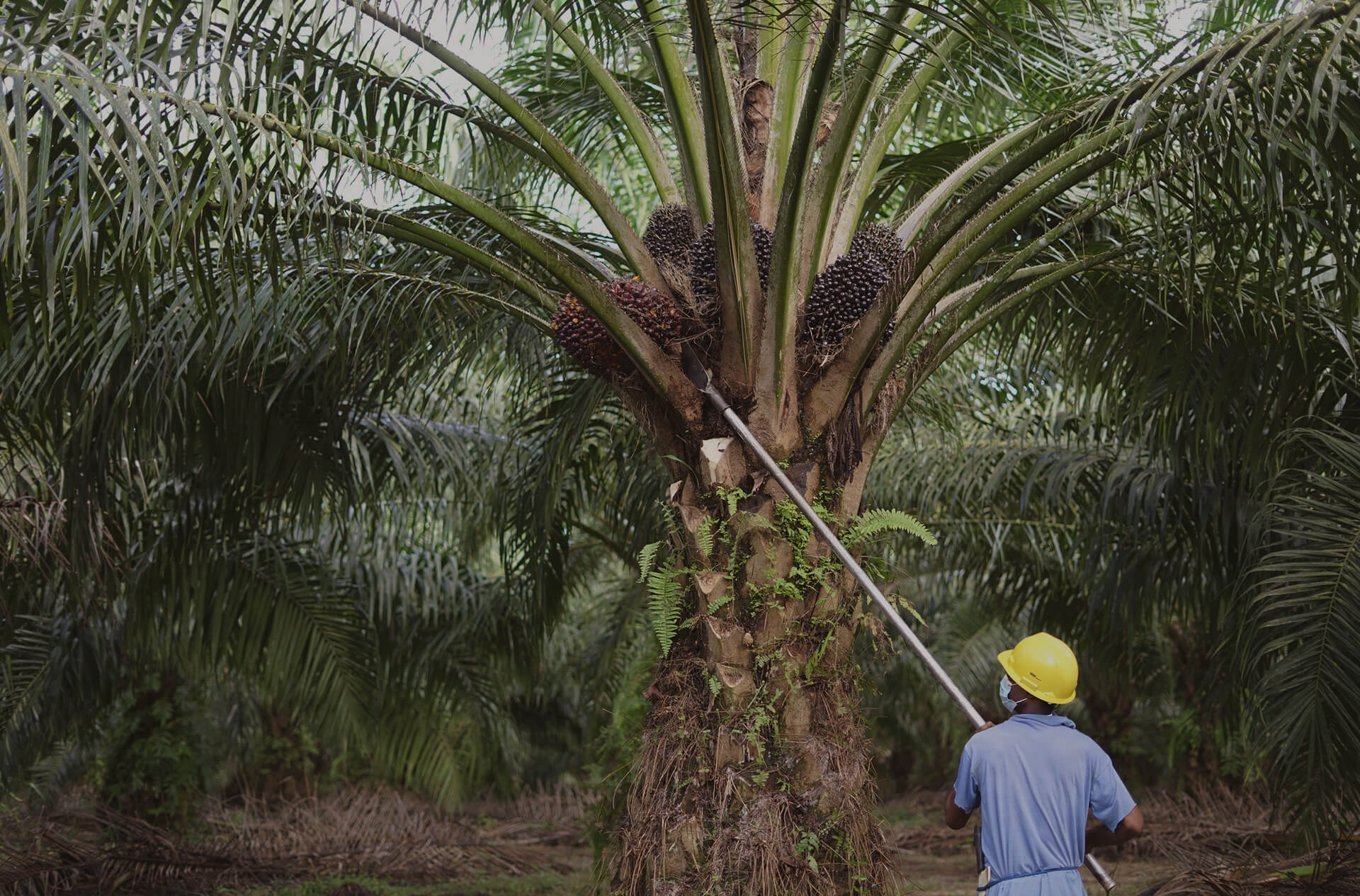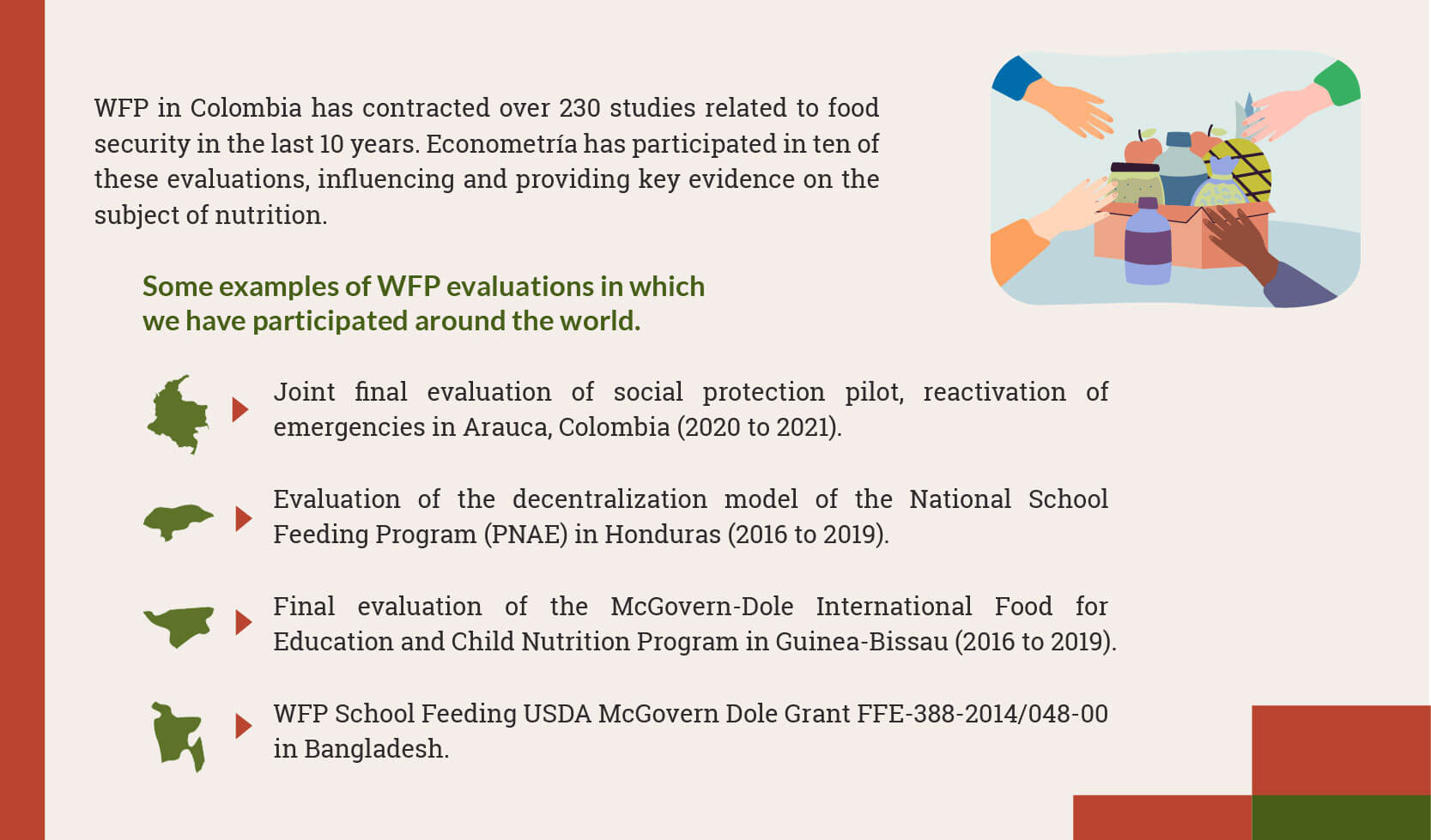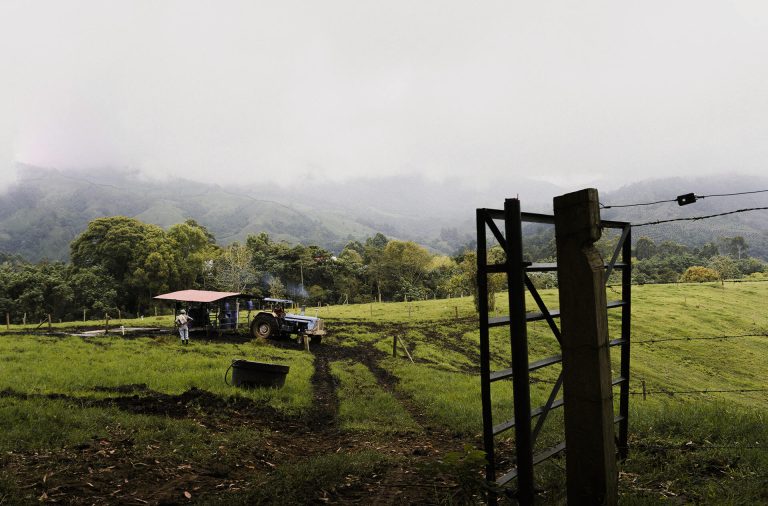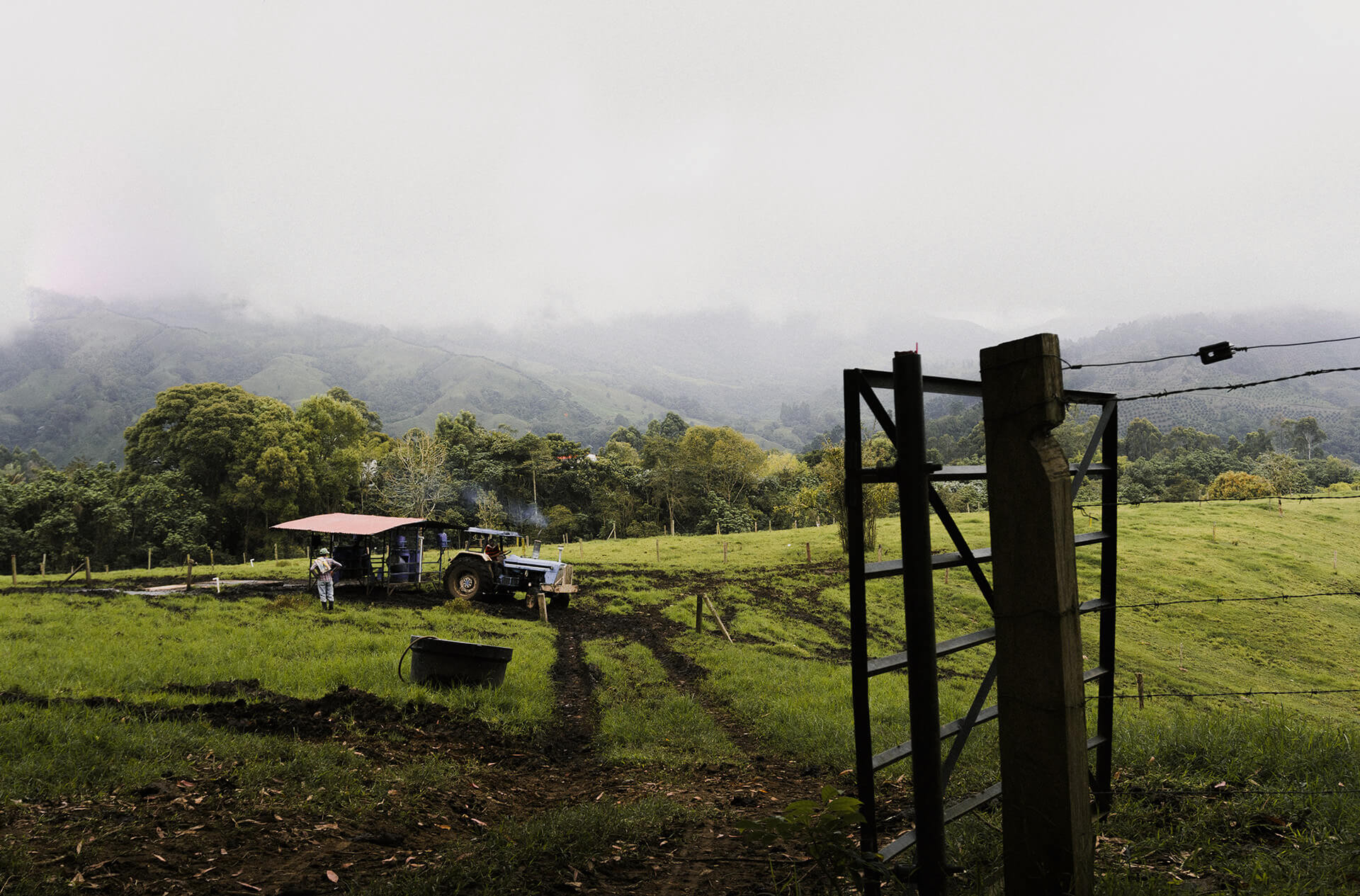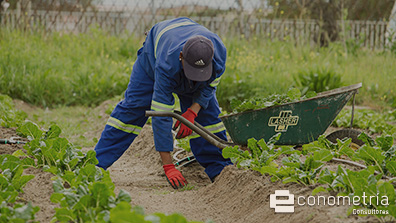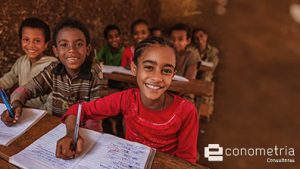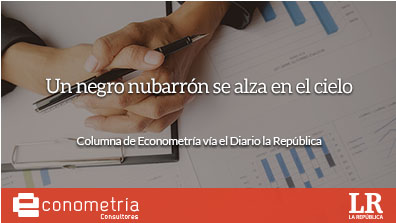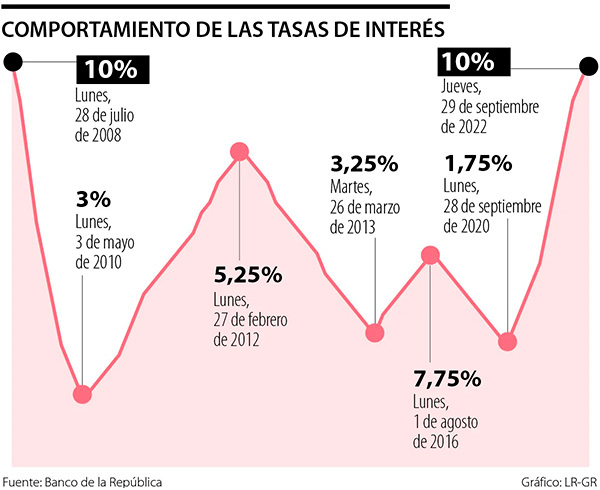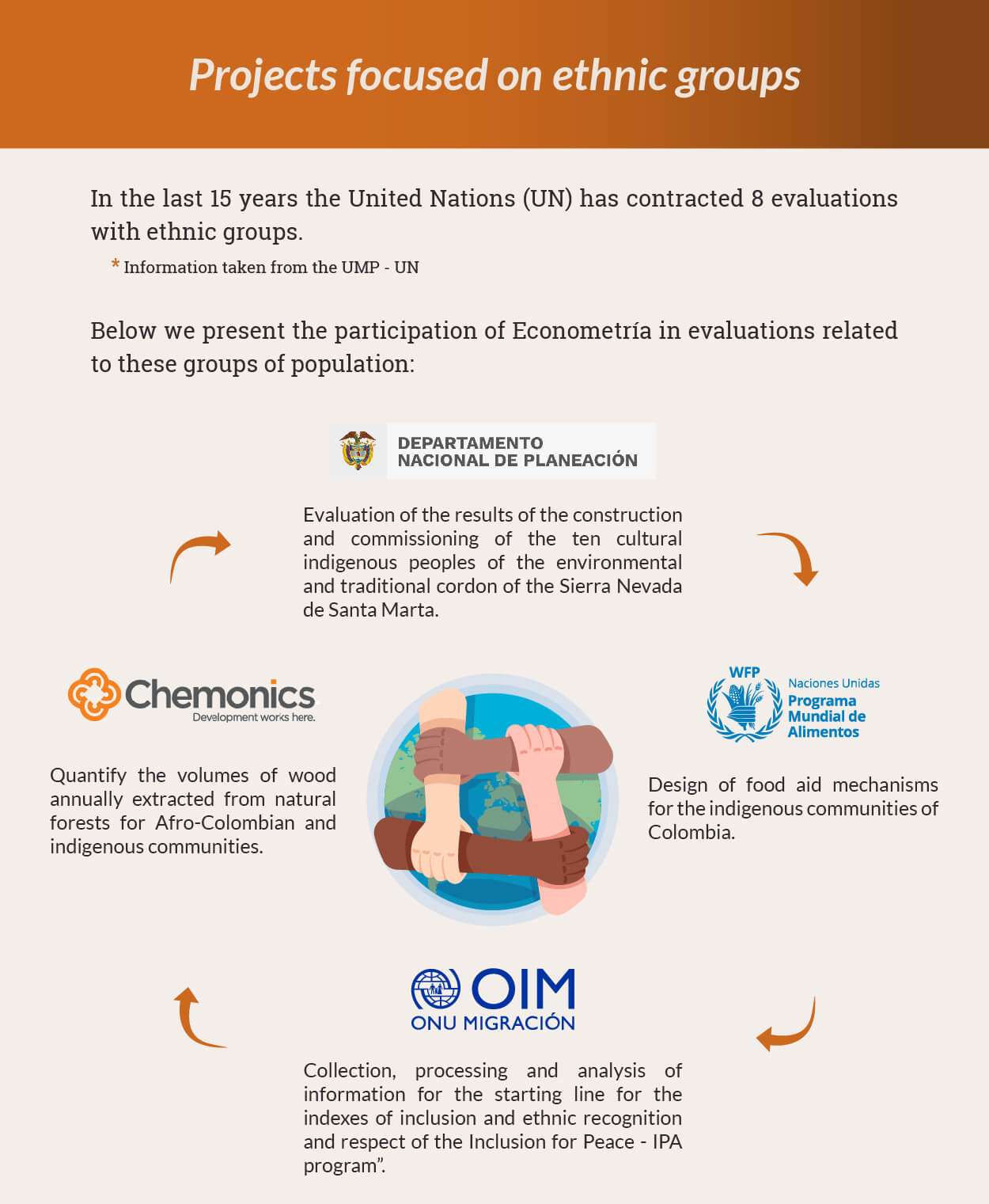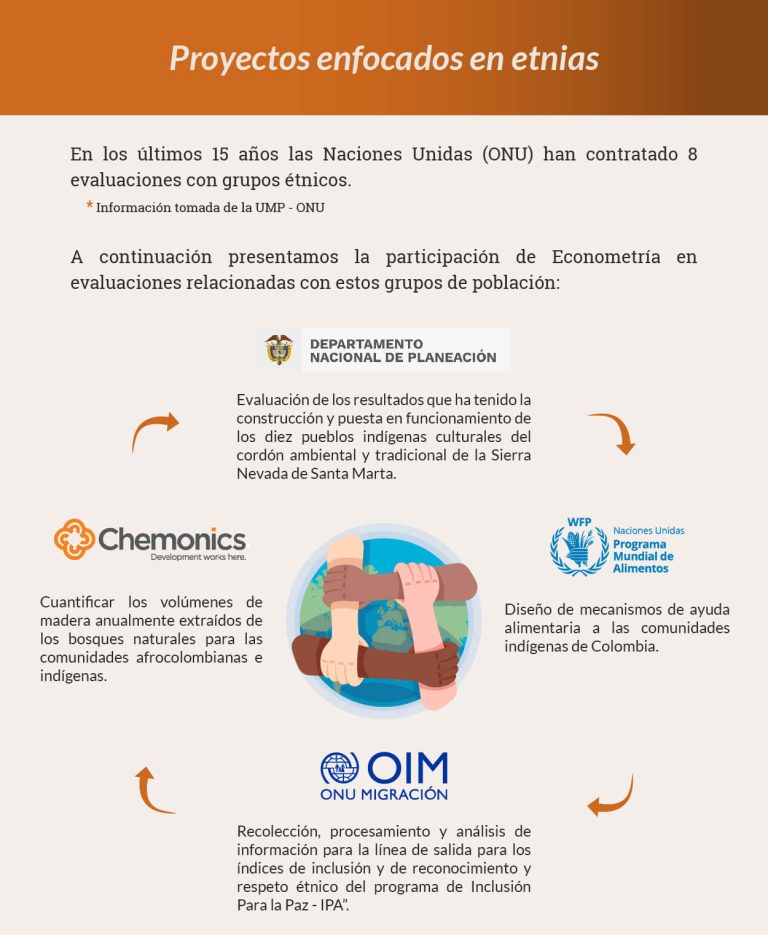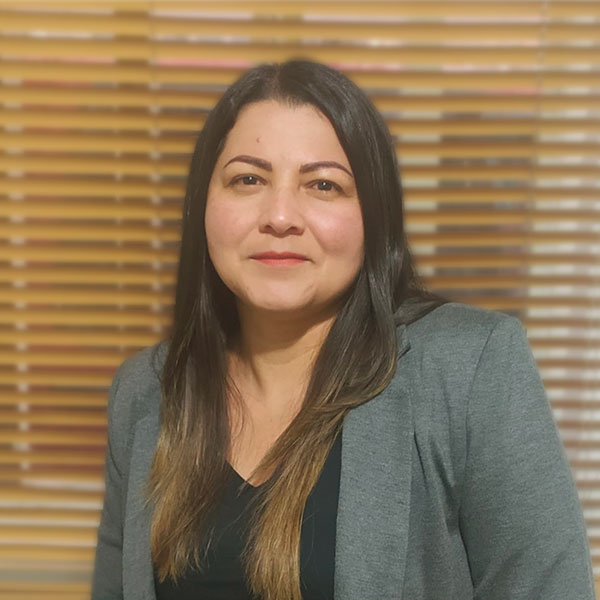Son nuestras creencias (nuestros paradigmas en palabras de Kuhn) las que nos permiten ver algunas situaciones como problemáticas y otras no. Pero las creencias no solo nos permiten definir algo como un problema, sino que van más allá y son las que nos permiten ver algo por primera vez. En otras palabras, nuestros sistemas de creencias nos hacen estar ciegos para algunos temas porque, literalmente, no los podemos ver.
Históricamente, nuestros sistemas de creencias cambiaron y pudimos ver que la tierra giraba alrededor del sol, o que el inconsciente existe, o que los derechos humanos son inherentes a todas las personas. Pero hay temas sobre los cuales seguimos siendo ciegos, en el sentido de Kuhn. Por ejemplo, por qué a las empresas se les dificulta entender cómo desarrollar una política que tenga en cuenta que las necesidades de sus trabajadores pueden ser distintas (no mejores o peores, solo distintas) dependiendo de si son hombres o si son mujeres.
La facilidad para entender esto conduce, por ejemplo, a que según Comulative Gallup Workspace Studios, las empresas que cuentan con diversas fuerzas de trabajo a nivel mundial sean 22% más productivas, y 27% más rentables, debido a que se abordan campos relacionados con la innovación y liderazgos, la atención a nuevos mercados y la productividad, por solo mencionar algunos aspectos.
Estamos todos de acuerdo con qué hombres y mujeres son iguales, pero poco sabemos sobre cómo lograr la igualdad en el ámbito empresarial. Lo máximo que solemos hacer es contar cuántos hombres y cuántas mujeres hay en una empresa y creemos que así estamos atendiendo este aspecto. En realidad, esto no es suficiente y ni siquiera es el inicio del camino de lo que se debe y se puede hacer.
Un primer paso, sin duda, es darnos cuenta de que llevamos puestas las gafas que nos hacen creer que no hay que hacer nada adicional a lo que ya estamos haciendo porque “nosotros no discriminamos a nadie” o “todos somos iguales”, y quitárnoslas para entender que, al reconocernos en la diferencia, podríamos alcanzar, no solo una economía más rentable y lucrativa, sino también un mundo más justo y lleno de oportunidades para quienes lo habitamos. Pero un segundo paso, en términos más prácticos, nos podría conducir a la búsqueda de más y de mejor información al respecto.
Es por esto que con una iniciativa tan concreta como la que promueve Naciones Unidas en unión con otros socios corporativos, del sector público y de la sociedad civil en el espacio nacional e internacional a largo de 160 países, bajo el nombre de Pacto Global, es posible identificar y seguir prácticas empresariales que le apuesten al logro de unos principios asociados a la igualdad, a la equidad y a la inclusión que conducen a la prosperidad. Prácticas que se orientan a la atención de siete aspectos asociados al empoderamiento de las mujeres, tales como la igualdad para los cargos directivos, el respeto por los derechos humanos de todos, la atención a la salud, la seguridad y el bienestar de quienes hacen parte de las empresas, la promoción de la educación y el desarrollo profesional de las mujeres, y la evaluación y difusión de las acciones en pro de la equidad, entre otros aspectos adicionales tanto al interior de las empresas en sus prácticas empresariales, como en los entornos comunitarios donde éstas existen.
Es por esta razón que Econometría ha entrado a hacer parte del programa acelerador de género de las Naciones Unidas, que es un programa de seis meses que tiene como objetivo desafiar y apoyar a las empresas participantes del Pacto Global de las Naciones Unidas a establecer objetivos corporativos ambiciosos en torno a la igualdad de género. El tema, además, viene siendo incluido en nuestras evaluaciones desde hace ya un tiempo, intentando ver con diferentes lentes para reconocer que las intervenciones de política y programas sociales deben tener también un enfoque que reconozca las necesidades de hombres y mujeres para potenciar aún más los efectos buscados.

